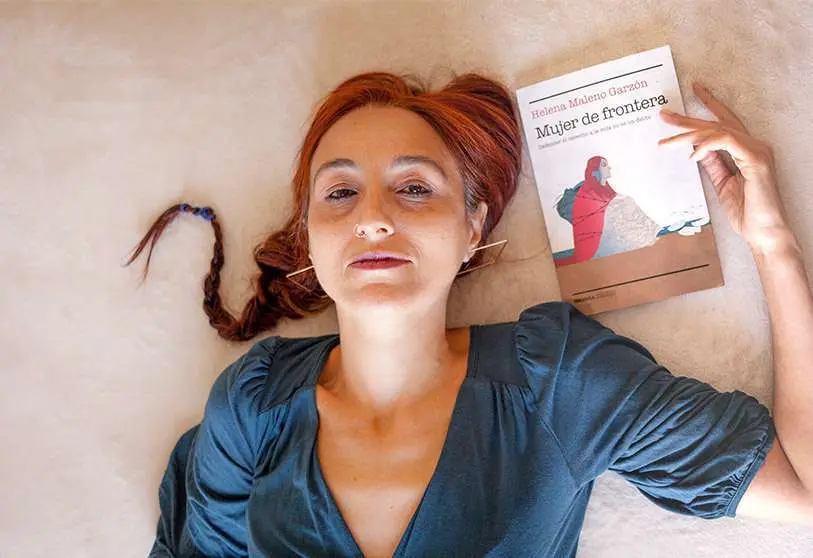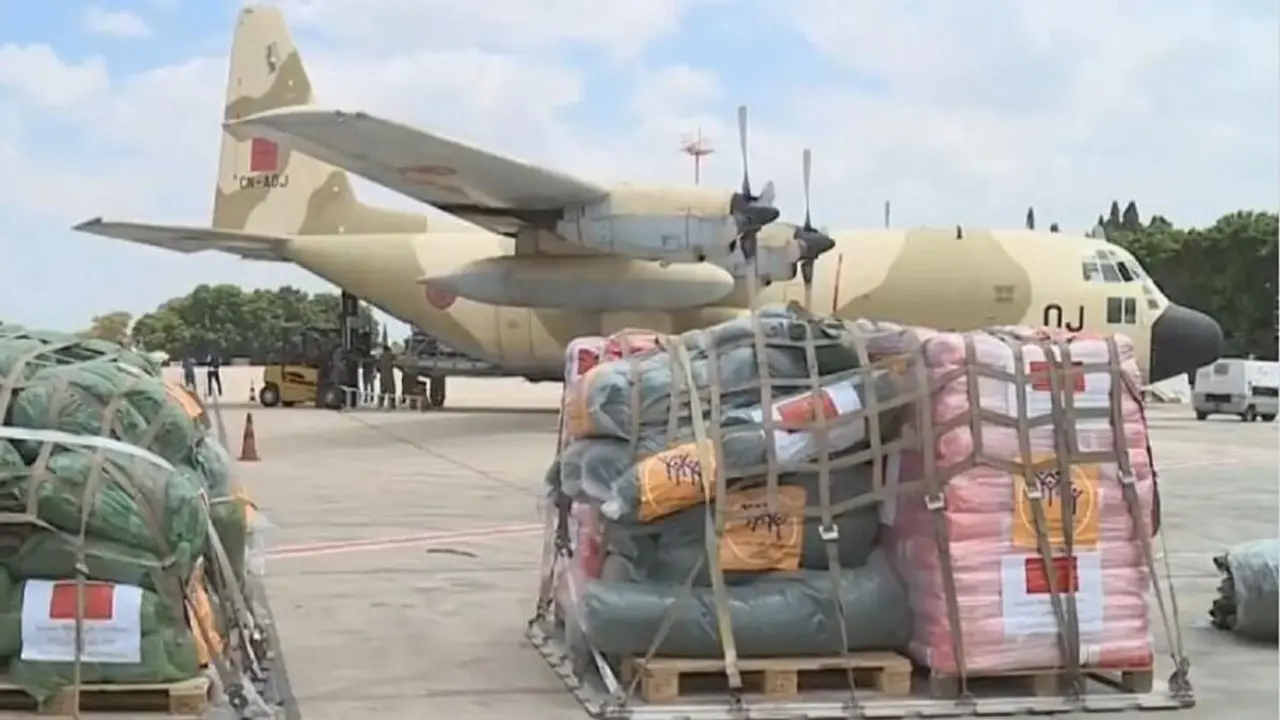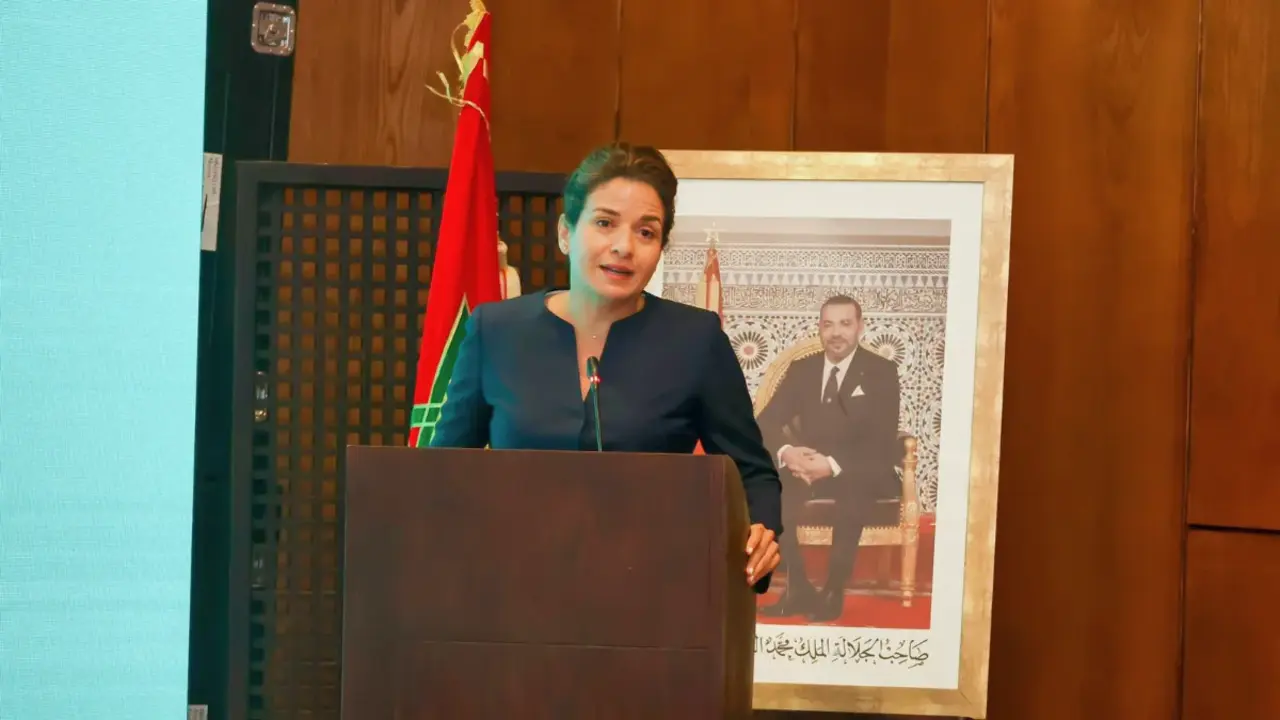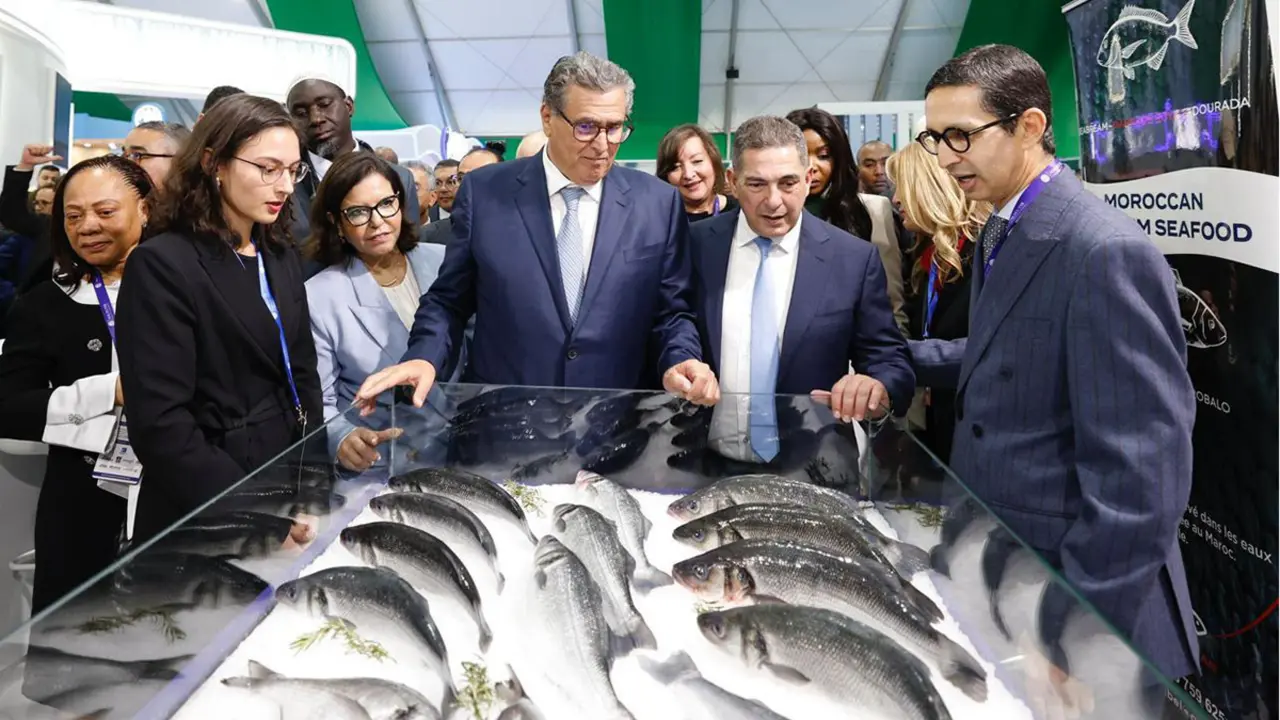Helena Maleno: “El concepto de refugiado no tiene en cuenta otras realidades como los desplazados climáticos o las víctimas de trata”

The 20th century was a century of transition marked by violence and barbarism. This manifested itself, above all, during the First and Second World Wars. In that century there were also moments of reflection in which concepts such as "truth" or "justice" became the undisputed protagonists of a society willing to change and not forget. During the last decade of the 20th century, activists and some political leaders began to work to combat any violation of rights that occurred in the world. However, these airs and graces of change have suffered a setback in recent years, as human rights defender, journalist and researcher on migration and human trafficking Helena Maleno explains in her book 'Mujer de Frontera'.
The struggle for the rights of the migrant populations crossing Morocco changed Helena's life forever. One afternoon, as she was returning home after picking up her daughter from school, two policemen were waiting for her. The investigation against Maleno was opened in Morocco at the end of 2017, following a controversial dossier sent by the Spanish police to its Moroccan counterpart. This case - which was finally shelved - set in motion an international movement that revealed the extent to which the criminalisation of human rights exists in the 21st century. "The process of criminalisation includes a first level of primary criminalisation, linked to the norms, and a second level of secondary criminalisation in which the control organisms act - judges, police, etc. - in the selection of which illegalisms (violations of criminal norms) should be criminally prosecuted and which subjects should be criminalised", indicates a report produced by Protection International (PI).
Through her book 'Mujer de Frontera' (Border Woman), Helena Maleno explains in first person how she lived this process and how it has transformed her life and that of all those around her. "Solidarity is persecuted as a crime because it breaks a system that, at times, is necropolitical, that is, a system of death that gives money," she said in an interview with Atalayar, emphasizing that the cases made visible are really those of some human rights defenders, while the rights of migrants who are really persecuted and criminalized are relegated to the background.

Helena explained to Atalayar that, for her, writing this book was a "very difficult" process because telling this whole process in first person was something that "scared her very much". "In fact, I was erasing paragraphs and maintaining a constant struggle with myself. However, at one point I found the voice I was looking for and decided to tell it that way. And I did it because it is necessary to tell it," she admitted. "I wrote this book to make people understand how my way of being in this judicial process had changed and how the border has impacted my body. And not only that, but I have tried to explain how this border has impacted the bodies of many of the people with whom I have been sharing experiences over the years," she said.
"Right now I'm thinking about what my next steps will be. The public administrations themselves should have initiated an investigation. But the problem is that in Spain there is no culture of reparation. Beyond that, there is also the whole process of asking for justice and, frankly, I need to take a breath and see where I go from here. Moreover, we must bear in mind that I am not alone. My struggle is not an individual case and, as such, our strategies aim to obtain collective justice that reaches other comrades who also fight on the borders", she said.
While the concepts of symbolic reparation and justice are in many of our headlines, hundreds of people continue to suffer the consequences of inequality through criminal networks. In the book 'Mujer de Frontera', Helena talks about models where the fight against human trafficking is linked to human rights. During the interview with Atalayar, the author of this book has insisted on the need to "design a law against trafficking that recognizes all forms of this phenomenon that exist, as well as having a police force that is not linked to immigration control with training in human rights and victims that do not depend on the will of social organizations," she explained. "There has to be a form of detection that is more comprehensive, involving public administrations, and with an anti-trafficking law that plays an important role within the Spanish state," she said.

In 2006, Louise Arbour, the then United Nations High Commissioner for Human Rights, gave the first brushstrokes of what would later become what we know today as transitional justice. In her view, "transitional justice should help turn oppressed societies into free societies by addressing the injustices of the past through measures that will lead to an equitable future. Such justice must address the crimes and abuses committed during the conflict that led to the transition, but it must also go beyond that and address the human rights violations that preceded the conflict and provoked or contributed to it". In many of these processes there is no place for refugees, condemning them in some way to forgetfulness. "To begin with, we have to analyse the concept of refugee," said Maleno. "It is a very narrow concept because it was born for a European population after the Second World War, that is, it is a very limited concept that does not have other realities such as displacement due to climate change or women victims of trafficking".

On the other hand, the author of the book 'Mujer de Frontera' considers that the concept of refugee has been used by the system "to make a differentiation between economic migrants and refugees". "The right to asylum is sometimes designed to sift and separate populations and does not have a human rights approach," she criticized. She also believes that "it is one thing to prosecute crime, which should be dealt with by the police, and another to redress rights victim by victim". On this point, Helena Maleno has warned that, on many occasions, when the rights of these victims are not repaired, they are taken back by the criminal networks.
"We must be aware that as women we are more persecuted. There are several layers within the persecution and criminalization. In addition, being a woman is still used as a layer to pursue solidarity. If you are also a black woman or in an irregular situation, the persecution is greater. There are a lot of situations that have to be analyzed and that we will only overcome when we bet on that collective protection," Maleno said in an interview with Atalayar.
For the author of the book ''Mujer de Frontera'', the concept of mutual support and solidarity "is necessary to survive in the face of death". This year in Europe we have had to look death in the face with the appearance of the coronavirus. However, migrant communities face death just because they move or cross a border. "Death is present and death is confronted with life and survival strategies. This sense of community and family, of blood and of choice, is very important on the hard road of migration," she said.
The courage and strength that define Maleno are the same characteristics that characterize the thousands and thousands of people who, at a certain point in their lives, have no other option than to flee their countries. "After all, it is a struggle for life," Maleno said. "Some of the women I've had the opportunity to talk to say that they don't have the right to migrate, but they don't have the right not to either. It is a constant struggle for life, a life that for them "is a struggle" and in which people like them are "the soldiers of life". They have the ability to use the military language that has always been used to criminalize them for fleeing their countries as a way of defending life. "That's nice, isn't it?", concluded Maleno.







